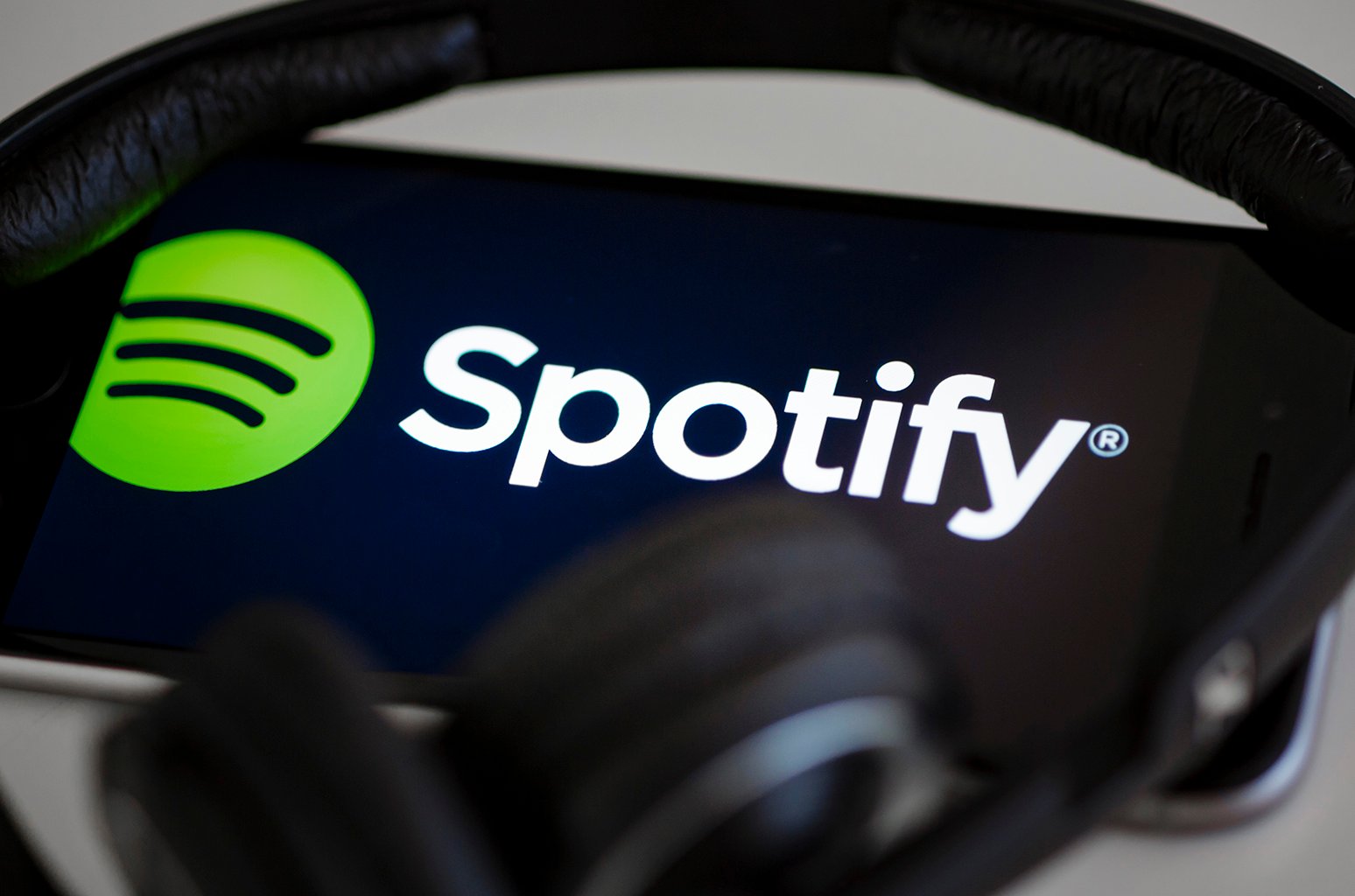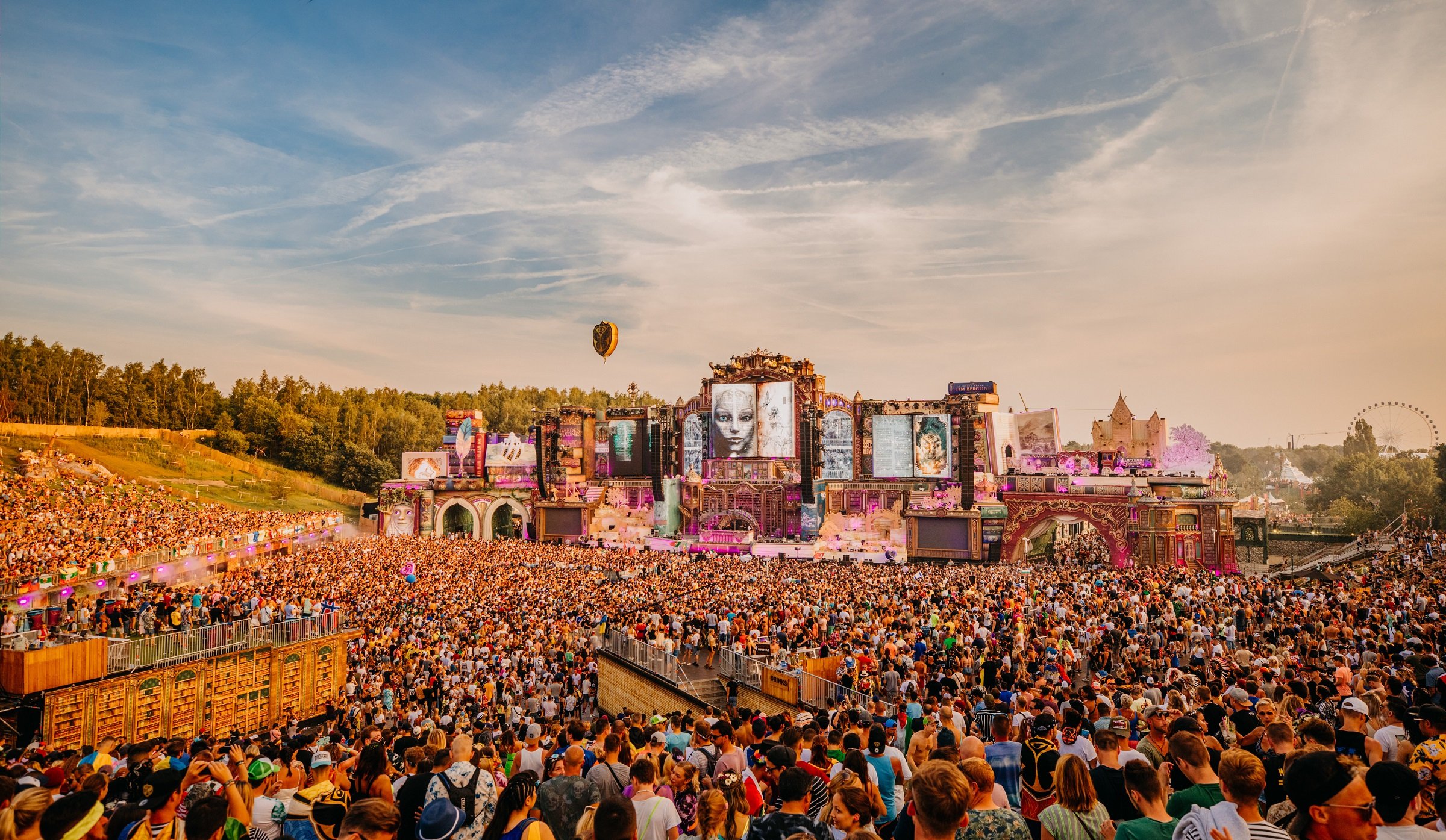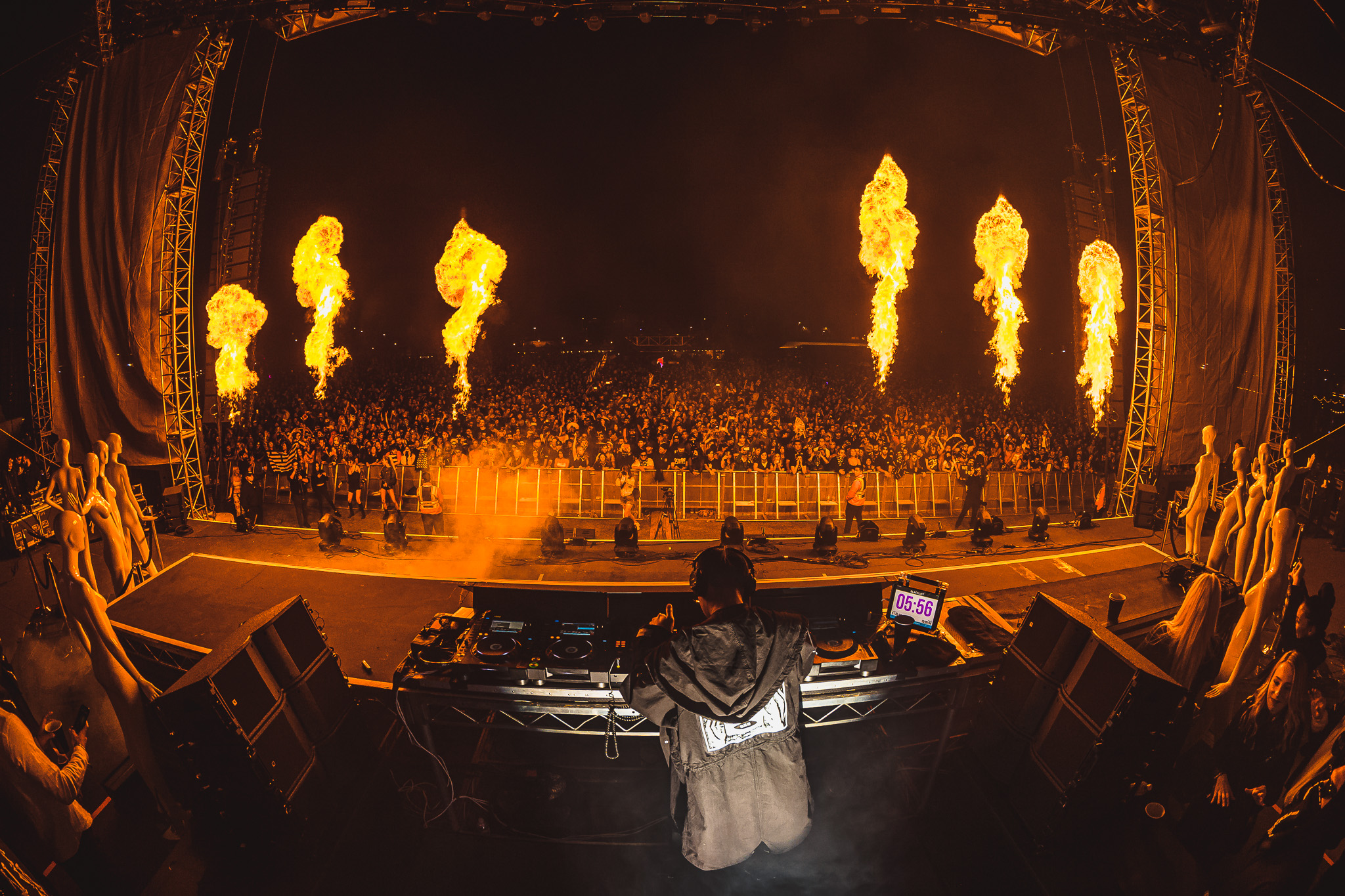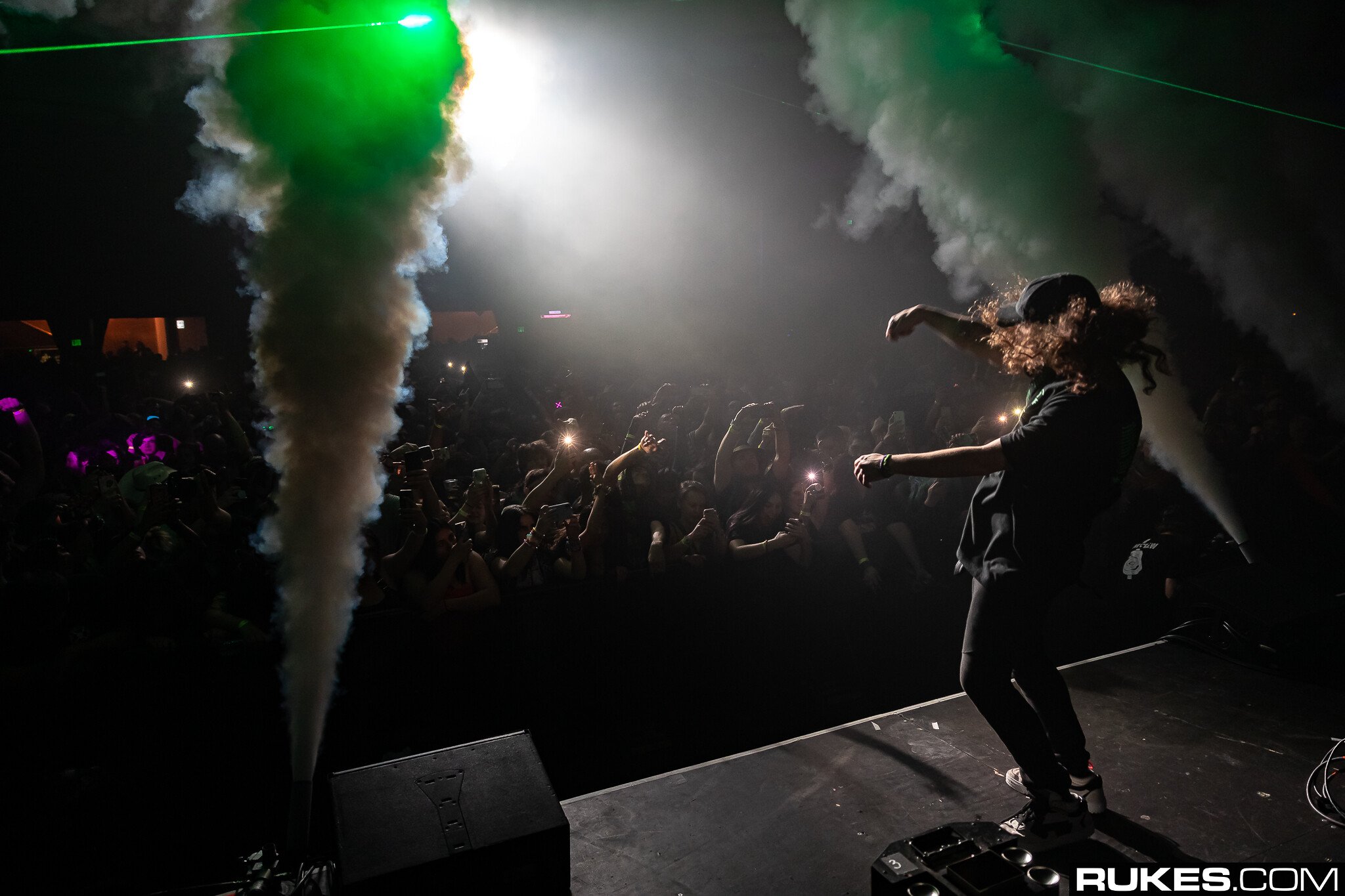Spotify is incentivizing artists with the option to get paid less per stream for more exposure — by promoting their tracks in your personalized playlists.
The platform introduces its latest feature via press release, detailing a “complicated” system that puts artists in control of their music. For a fee, Spotify will begin shopping around a single, plugging it into a number of playlists including the ever-popular and evolving Discover Weekly. Whether or not the music takes off is up to the listener, however.
Spotify shares:
If the songs resonate with listeners, we’ll keep trying them in similar sessions. If the songs don’t perform well, they’ll quickly be pulled back. Listener satisfaction is our priority—we won’t guarantee placement to labels or artists, and we only ever recommend music we think listeners will want to hear.
The new algorithmic feature is framed as a no-brainer for artists and labels seeking boosts in streaming — as long as they don’t mind taking a pay cut. Spotify explains, “Labels or rights holders agree to be paid a promotional recording royalty rate for streams in personalized listening sessions where we provided this service.”
Spotify justifies the process as such:
Artists tell us they want more opportunities to connect with new listeners, and we believe our recommendations should also be informed by artists—their priorities and what they have to say about their music. And soon, we will roll out a test of a service that gives artists a say in how their music is discovered.
Still in the testing phase, Spotify has much to learn about the new initiative, but this could absolutely change everything about music discovery. Sure, this could be a great tool for artists at all levels hoping to be discovered through the platform — but at what expense? Shouldn’t Spotify be giving these opportunities to artists anyways in order to make the platform as sophisticated and algorithmically sound as can be? We’re not saying we have the answers but we have to ask the questions.
And, best case scenario, this new feature could truly help out independent artists looking for more exposure and ultimately earn them more in royalties overall. However, Spotify already notoriously pays its rights holders fractions of cents per play (approximately $0.00331 – $0.00437) — and sometimes that number is broken down even further between label, producer(s), writer(s), and artist(s). More on pay rates here.
Worst case scenario, enough artists opt in for the new feature to the point that it becomes a “if everyone is special, no one is” situation, resulting in a nearly identical listening experience and Spotify getting to pay out lower royalties overall.
Interestingly enough, the Union of Musicians and Allied Workers recently launched their “Justice at Spotify” campaign, presenting a new payment model and asking for at least one cent per stream. The open letter read: “… we artists continue to be underpaid, misled, and otherwise exploited by the company.”
It should also be noted, there are a lot of other factors that go into Spotify’s personal recommendations — “Artist Input” is just one. More on that here.
Source: The Fader, Press Release: Spotify | Photo Illustration by Thomas Trutschel/Photothek via Getty Image









